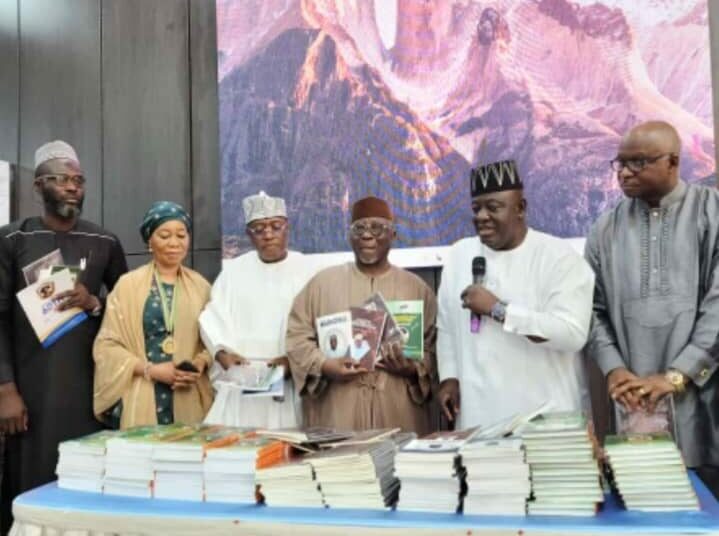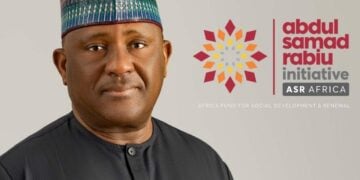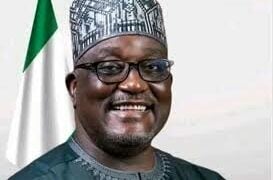Nigeria’s first professor of capital market studies, Uche Uwaleke, has hailed former vice chancellor of Nasarawa State University, Keffi (NSUK), Professor Muhammad Akaro Mainoma, as a scholar and mentor whose legacy lies in building the country’s intellectual assets and strengthening its human capital base.
Speaking in Abuja at a colloquium to celebrate Mainoma’s 60th birthday, Uwaleke, the pioneer director of the Institute of Capital Market Studies, NSUK, said the former NSUK vice chancellor has distinguished himself as one of Nigeria’s foremost accountancy scholars whose influence extends across universities and industries.
“Prof. Mainoma has graduated many professors and PhD holders in Nigeria. Many of his mentees are in various universities in Nigeria, with some being former vice chancellors,” Uwaleke said.
He stressed that Mainoma’s enduring legacy is reflected in the academic leaders and professionals he has nurtured, describing him as “a visionary leader whose impact transcends the classroom and contributes directly to Nigeria’s knowledge economy.”
The colloquium, attended by eminent Nigerians, policymakers, and academics, celebrated Mainoma’s scholarship and provided a platform to reflect on Nigeria’s underutilisation of its intellectual and human resources.
Delivering the keynote, Dr Umar Bindir, former director-general of the National Office for Technology Acquisition and Promotion (NOTAP), lamented the country’s failure to harness research and education for national development.
“Our leaders have always launched visions — from the Green Revolution to Vision 2010 and Vision 2020, but the real question remains: why have we not answered the fundamental issues?” Bindir asked.
He said Nigeria had yet to eliminate poverty, generate sustainable jobs, or build globally competitive institutions. He added that Malaysia and South Korea provide valuable lessons on how consistent research and industrial policy investment can transform an economy.
Bindir also criticised the neglect of local innovation, citing his frustrations with commercialising agricultural technologies in Nigeria compared to the ease of doing so in Asian countries. He urged stronger collaboration between universities, industry, and government to bridge what he described as “the valley of death” in Nigeria’s industrialisation process.
Former Nasarawa State governor, Senator Tanko Al-Makura, described Mainoma as “a patriot, mentor and nation-builder whose legacy extends beyond Nasarawa State to Nigeria and beyond.”
The current NSUK vice chancellor, Professor Sa’adatu Liman, highlighted that the institution expanded from 50 to more than 300 postgraduate programmes under Mainoma’s leadership. “Prof. Mainoma expanded the scope of learning, upgraded infrastructure and set standards that continue to guide the institution today,” she said.
The occasion also unveiled four books in Mainoma’s honour: Mentoring Academics in Nigeria: Mentor’s Approach; Mainoma’s Leadership: Achievements in Nasarawa State University; his autobiography, My History; and Diamond Memories of a Secretary General.
Responding, Mainoma expressed gratitude to God, his family, colleagues, and mentees, sharing anecdotes of his childhood, including how he enrolled in primary school. “I want to be remembered as someone who devoted his life to knowledge, service, and mentoring the next generation,” he said.
Chairman of the organising committee, Dr Usman Gur Mohammed, recalled Mainoma’s student leadership days at Ahmadu Bello University’s Kongo Campus, where he led protests demanding clean water for students. He described him as “a patriotic and progressive Nigerian who is daily thinking of how to improve the socioeconomic development of Nigeria.”





